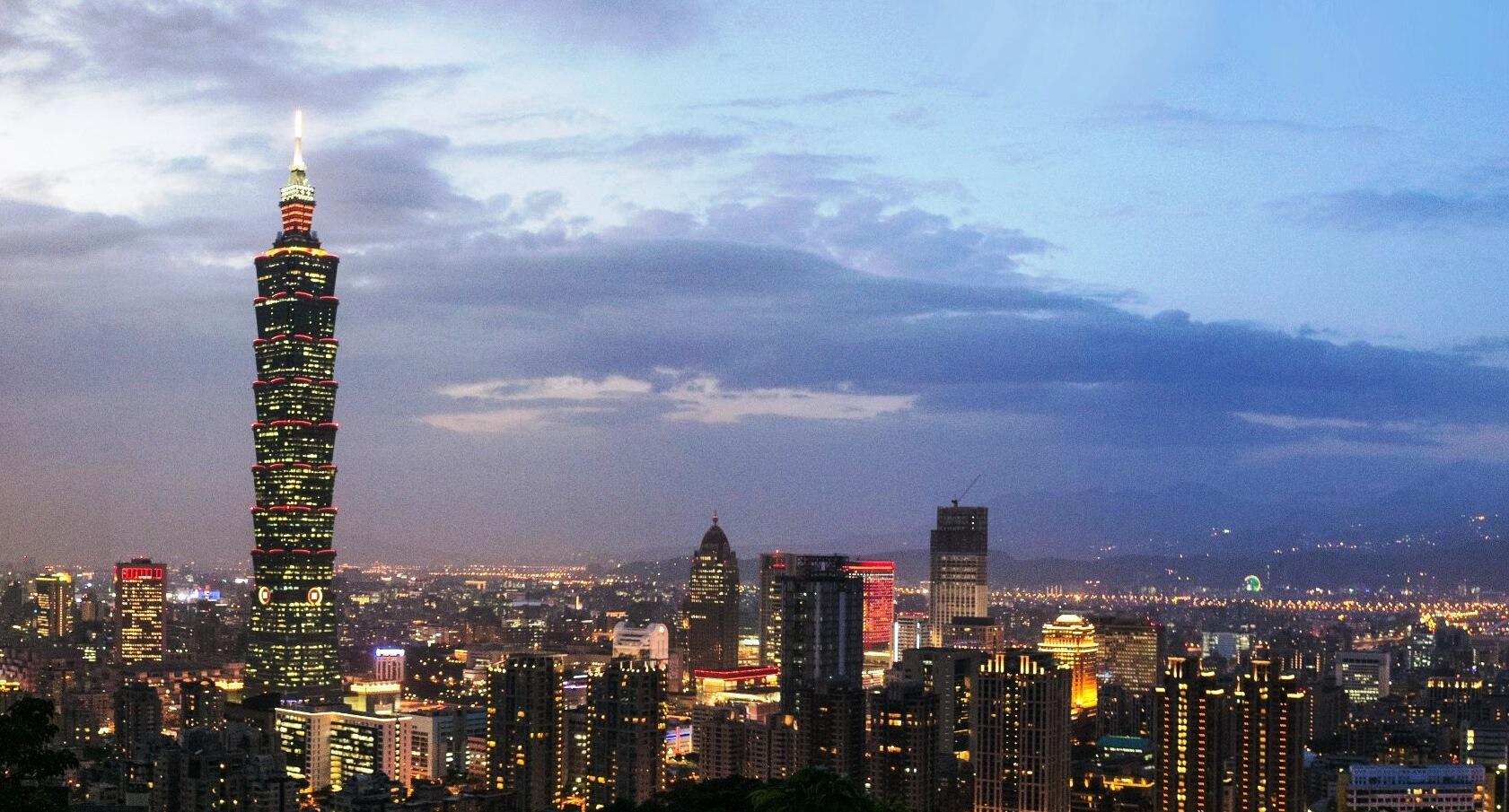Focus on Taiwan: So Much More Than a Tiger
Article By : Bolaji Ojo

Bolaji Ojo lays the foundation of an upcoming series of articles on EE Times
The foundation for what Taiwan is today and what will be years from now were laid decades ago by successive leaders in government and private sectors who elevated the island above natural and geopolitical obstacles to ensure its survival.
Call Taiwan by that Asian Tiger name no more. The moniker has negative connotations from the sport hunting world of the vulnerable, the threatened and the spatially restricted. Unlike that now endangered animal species, Taiwan – is not at risk of extinction. Rapid economic growth catapulted Taiwan into the group of countries economists like to describe as Asian Tigers, but the island plays an even more central role in the high-tech ecosystem.
It is today headquarters to some of the better-known players in the electronics industry, amongst them Taiwan Semiconductor Manufacturing Co. Ltd., the world’s biggest chip foundry. Foxconn, the No. 1 global contract manufacturer and a Top 5 high-tech company by sales, calls Taiwan home, as does WPG Holdings, a leading distributor of electronic components. Taiwan is a major supplier of PCBs to OEMs and EMS providers and is host to AU Optronics Corp., one of the biggest suppliers of displays for smartphones, PCs and laptops.
Marching deeper into the 21st Century, though, Taiwan needs an encore to emphasize its continued relevance in a rapidly changing environment and in the face of rising competition from other regional powers. It faces pressure from China, ironically a direct beneficiary of Taiwan’s economic clout and whose dominance of electronics assembly and the supply chain has come about partly through the financing activities of Taiwanese companies. With China taking the leading position in assembly and production activities, Taiwanese companies have moved deeper into the semiconductor market with leading-edge foundry services.
It’s a tried and tested recipe. The foundation for what Taiwan is today and what it expects to be years from now were laid decades ago by successive leaders in government and private sectors who elevated the island above natural and geopolitical obstacles to ensure it thrived well enough to become one of the world’s leading economies. Lacking in major natural resources, Taiwan had focused on developing critical expertise in technology. It succeeded beyond the expectations of pioneering technology leaders like Morris Chang, the Stanford University and MIT graduate who founded TSMC, building it into the No. 1 supplier of chips to the electronics industry.
Chang will leave his position at TSMC in June, just one month ahead of turning 87 years old, heralding a transition from the old guard who forged Taiwan into a giant in the electronics industry. The new leaders of the country’s electronics industry face challenges that are somewhat different than the pioneering landscape Chang traversed when he established TSMC 30 years ago.
Taiwan’s challenge this time is finding a way to respond to China’s ascendance and staving off rivals elsewhere. Taiwan was one of the forces behind the emergence of China as a heavyweight in the electronics supply chain. The huge investments of money and expertise poured into China by Taiwan, Japan and other Western countries helped to turn the Communist country into a manufacturing hub for the electronics industry. For Taiwan, though, China presents a conundrum; It has become both a beneficiary of and a victim of China’s explosive growth.
In addition to external pressures, Taiwan’s demographic make-up is considered problematic because its relatively low birth rate means the percentage of older people in the population is on the rise, potentially hurting its global competitiveness. It’s a hurdle Taiwan is struggling to overcome and one the island shares with other countries in the region, according to the International Monetary Fund.
“Many Asian economies face important medium-term challenges, including population aging and declining productivity growth, and will need structural reforms, complemented in some cases by fiscal support,” the IMF said, in a report published recently. “The global economy is becoming increasingly digitalized, and some of the emerging technologies have the potential to be truly transformative, even as they pose new challenges. Asia is already a leader in many aspects of the digital revolution, but to remain at the cutting edge and reap the full benefits from technological advances, policy responses will be needed in many areas, including information and communication technology, trade, labor markets, and education.”
Taiwan has been proactive in formulating and executing on the IMF’s suggested policy changes as demonstrated in the rest of this report compiled by EETimes*. Perhaps the greatest advantages Taiwan can rely upon through the next phase of its transition is the resiliency and responsiveness of its economy as well as the determination of folks like TSMC’s Chang who are encouraging the grooming of a new generation of business leaders that can assure the preservation of their legacies.
To succeed in doing this, though, Taiwan must not be caged by political developments or cut back on innovation. So far, the business and political leaders have shown awareness of these challenges and found ways around them. It takes more than an endangered Tiger to show and execute this resolve.
*Editor’s note: Based on our recent on-the-ground reporting, EE Times will be posting a series of stories focused on Taiwan’s electronics industry over the next several weeks. These stories will be compiled into a two-part series ebook in June for our readers to download.
— Bolaji Ojo is Editorial Director at ASPENCORE
Subscribe to Newsletter
Test Qr code text s ss


